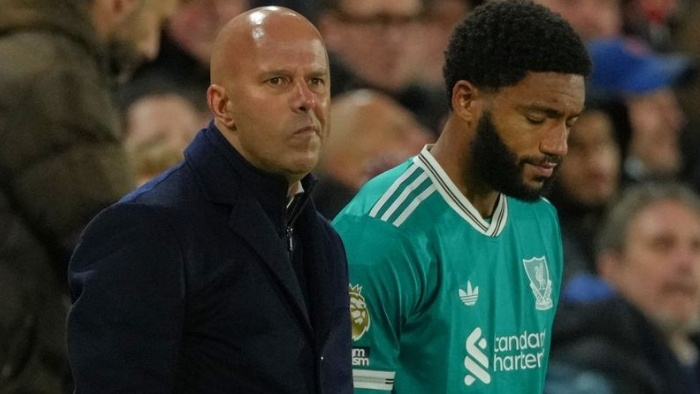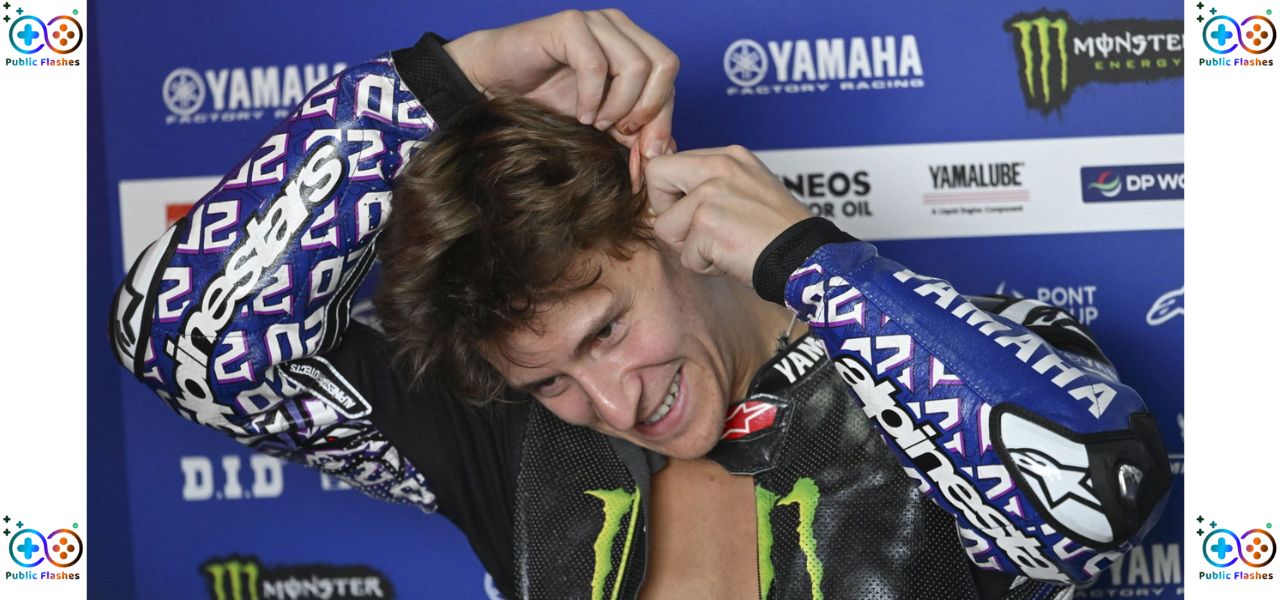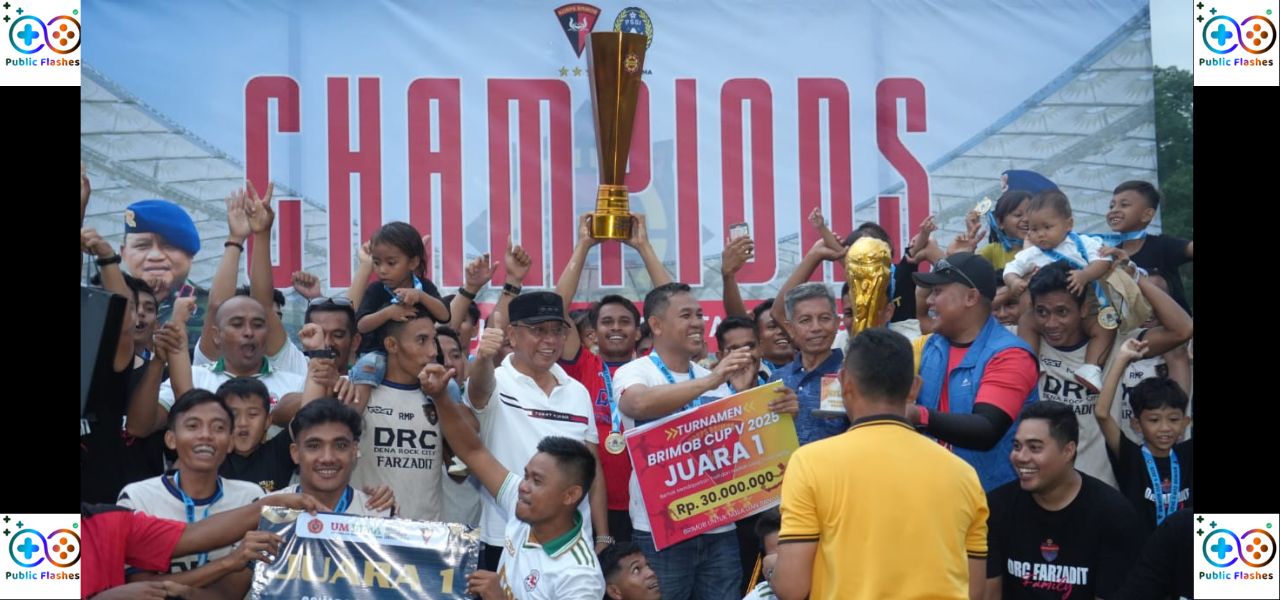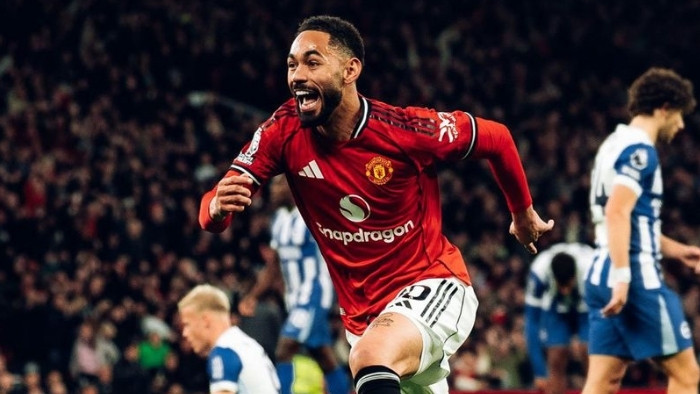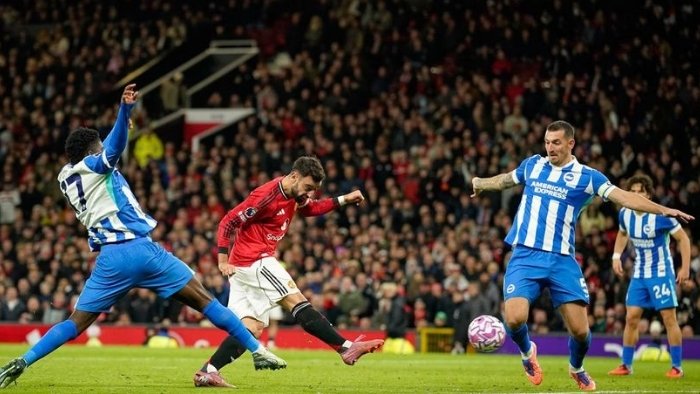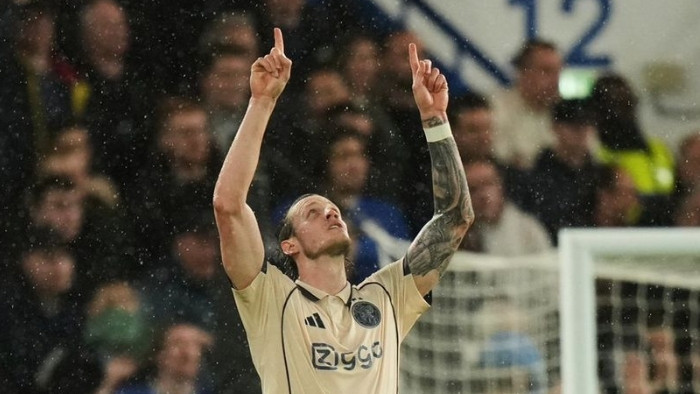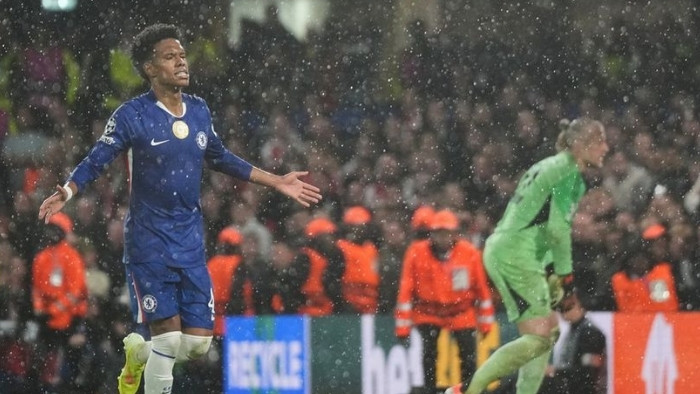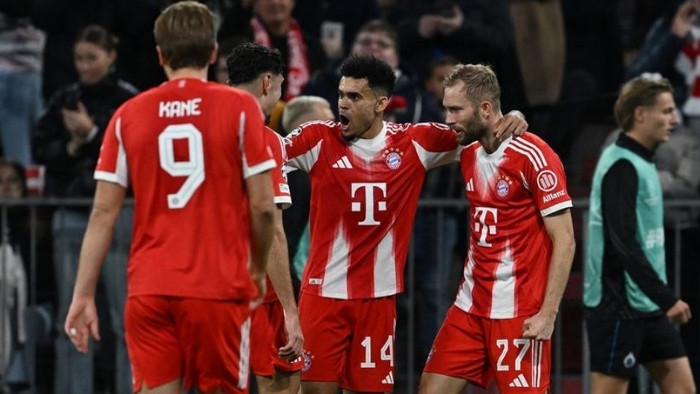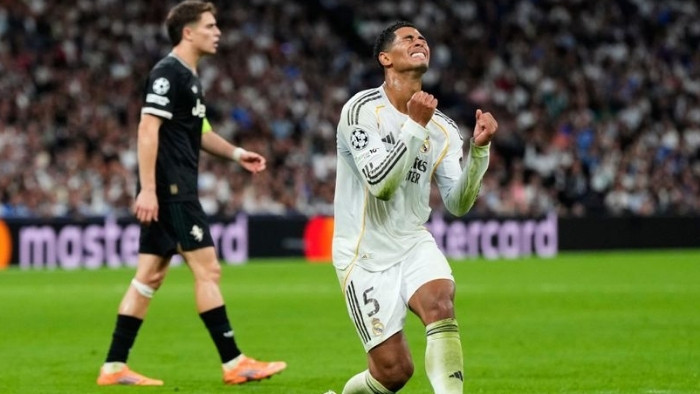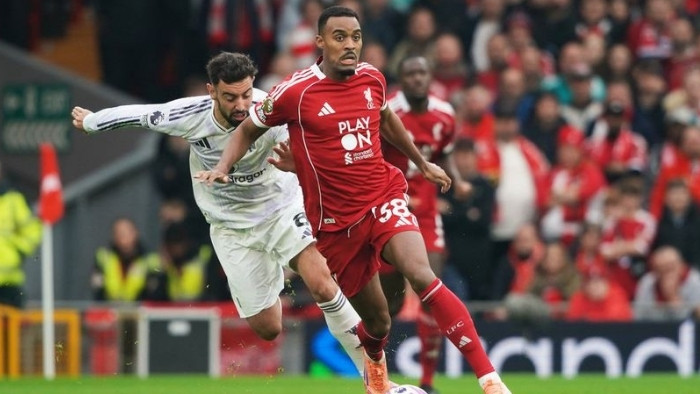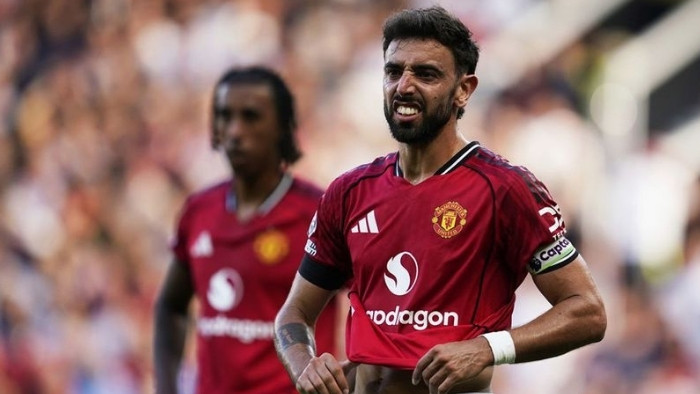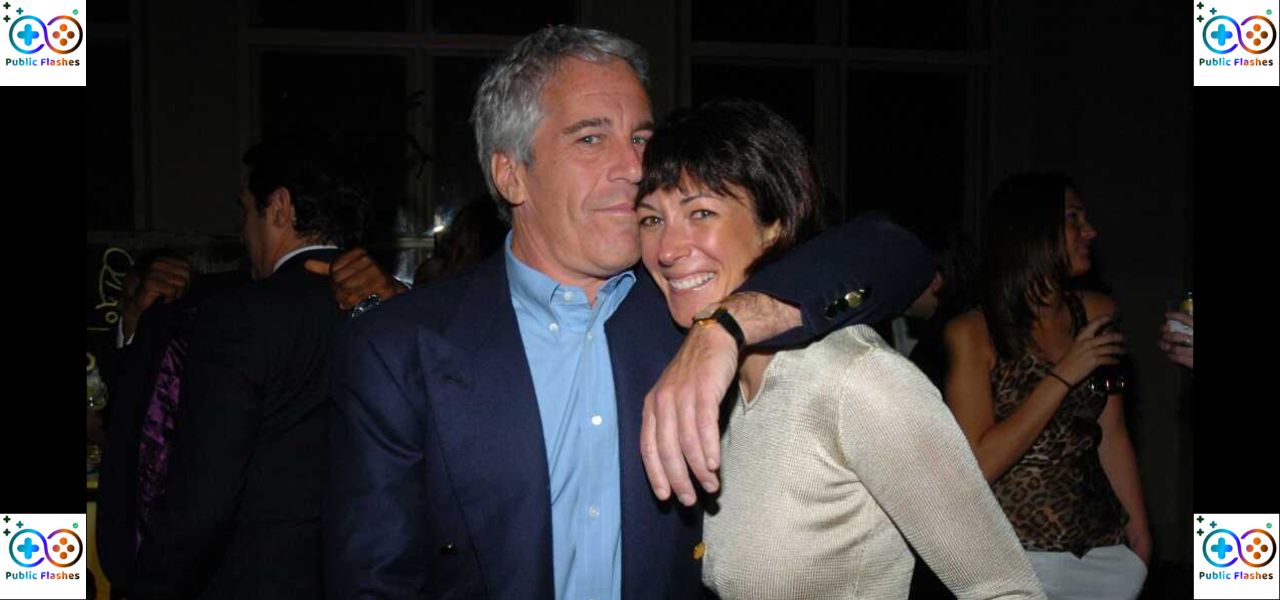Liverpool in Chaos: Slot Must Reflect, Not Blame
Liverpool looked unrecognizable. Once feared for intensity and unity, the team now appears fragmented and uninspired. Their latest defeat exposed not only tactical flaws but also leadership uncertainty. Arne Slot must stop searching for excuses and start searching for answers.
At Anfield, disappointment filled the air. Fans watched in disbelief as their team struggled to connect passes, chase second balls, and maintain composure. The chaos didn’t come from the opponent’s brilliance—it came from within.
Slot’s Liverpool look like a team searching for an identity that keeps slipping away.
A Collapse Without Fight
Liverpool began the match slowly. Their pressing lacked aggression, and their passing rhythm felt disjointed. Within minutes, opponents exploited gaps through the middle. Every transition exposed defensive vulnerability.
Players looked hesitant and disconnected. Darwin Núñez chased shadows up front. Mohamed Salah barely touched the ball. The midfield trio failed to link play effectively. The energy that once defined Liverpool vanished completely.
Every counterattack from the opponent carried danger, while Liverpool’s possession lacked direction. Even when they reached the final third, decisions came too late. Confidence drained with every misplaced pass.
Slot shouted instructions from the sideline, but his players couldn’t translate them into action. The lack of clarity showed that the team no longer shared one heartbeat.
Slot’s Tactical Confusion
Slot entered Liverpool promising a new era of structured pressing and fluid transitions. Yet on the field, nothing looks coherent. Players seem unsure of their roles, and the balance between attack and defense remains broken.
The 4-2-3-1 system that Slot favors should offer control and flexibility. However, it currently delivers chaos. Full-backs push too high without cover, midfielders lose shape under pressure, and forwards fail to coordinate pressing triggers.
Wataru Endo often gets isolated in midfield. Without support, he becomes overwhelmed during transitions. Meanwhile, Szoboszlai and Gravenberch drift out of position too easily, leaving huge gaps between lines.
Slot’s decision-making also invites scrutiny. His substitutions rarely shift momentum. Instead of adjusting tactics, he often doubles down on failing ideas.
After the match, his comments blaming refereeing and fatigue sounded hollow. Fans no longer want excuses—they want accountability.
The Mental Fragility
Beyond tactics, Liverpool suffer from a fragile mentality. The team that once thrived under pressure now crumbles under frustration.
Every time they concede, heads drop instantly. The hunger that defined Klopp’s era seems lost. Players argue over missed passes instead of regrouping. Communication breaks down quickly when adversity strikes.
Arne Slot must address this weakness. Mental resilience built Liverpool’s golden years. Without it, even technical quality loses meaning.
The captain, Virgil van Dijk, tries to rally the team, but leadership can’t work alone. Others must share responsibility. Slot must rebuild a collective mindset that values grit and reaction over blame and panic.
Absence of a Clear Philosophy
When Jurgen Klopp led Liverpool, everyone understood their identity: heavy metal football. It was intense, vertical, and fearless.
Under Slot, identity feels blurry. The team neither plays with control nor chaos—it floats somewhere in between. Possession looks slow, pressing looks hesitant, and creativity fades with every passing game.
A manager must imprint personality on his team. Slot’s Ajax-inspired style promised fluid buildup and positional play. Yet Liverpool’s current approach lacks harmony. Players misread positioning patterns, forcing awkward passes under pressure.
Tactics must reflect the players’ strengths, not the manager’s pride. Slot inherited athletes built for tempo, not sterile possession. He must rediscover intensity and simplify structure before this spiral deepens.
Individual Underperformance Everywhere
The drop in form affects everyone. Salah looks disconnected, often stranded on the right without proper support. Núñez runs tirelessly but finishes poorly. Luis Díaz shows glimpses of spark but fades too quickly.
In midfield, creativity evaporates. Szoboszlai looks uncertain with his positioning, while Gravenberch struggles to progress the ball effectively.
Even at the back, reliability fades. Van Dijk’s composure remains, but mistakes around him multiply. Konaté commits rash challenges. Trent Alexander-Arnold looks caught between defense and midfield, unsure of his responsibilities.
No player can shine when the collective system collapses. Slot must rebuild structure from the ground up.
A Coach Under Pressure
Arne Slot arrived with enthusiasm and reputation. His success at Feyenoord built expectations of modern, dynamic football. Yet the Premier League exposes weaknesses faster than any league in the world.
Slot’s tactical ideas may work in theory, but execution demands adaptation. Liverpool’s squad, crafted for Klopp’s intensity, cannot instantly morph into a possession-based machine. Slot must evolve his philosophy around reality, not fantasy.
Fans sense the disconnect. The Kop once roared with belief; now it murmurs with frustration. The chants still echo, but hope feels uncertain.
Slot cannot afford to lose the dressing room this early. He must earn trust through honesty and humility. Taking responsibility marks the first step.
Blame Solves Nothing
After the latest defeat, Slot criticized officiating decisions and scheduling fatigue. Those words failed to inspire sympathy.
Leaders grow when they accept responsibility. Blaming external factors weakens authority. Klopp once shielded players during hard times, but he never deflected truth.
Slot must learn that lesson quickly. Liverpool fans respect effort, not excuses. They want a coach who faces reality and fixes problems head-on.
Every great manager rebuilds after failure through reflection. Slot still has time to do so—but time in football evaporates fast.
The Need for Reinvention
Liverpool’s situation demands reinvention, not reaction. Slot must redefine strategy around core values: pressing, teamwork, and intensity.
The team must rediscover collective hunger. Training sessions should focus on tempo, communication, and transitional awareness. Simplifying tactics could restore confidence.
Players also need emotional reconnection. They must believe in each other again. Victories grow from chemistry, not just diagrams.
The upcoming fixtures offer a chance to respond. Slot must treat each match as an opportunity to rebuild identity, not just recover points.
Fans Deserve Accountability
Liverpool supporters never abandon their team, but they demand honesty. They watch every struggle, analyze every failure, and crave progress.
They remember how Klopp built greatness from chaos. Now, they expect Slot to rebuild with the same courage.
A single win won’t erase doubts; consistency will. Slot must show he understands Liverpool’s soul—relentless energy, fearless spirit, and collective pride.
If he can reconnect with those foundations, redemption remains possible. But if he continues blaming others, the gap between promise and performance will only widen.
Final Thoughts
Liverpool’s collapse under Arne Slot should serve as a mirror, not a shield. The defeat exposes deeper cracks in philosophy, mentality, and leadership.
The team must rediscover rhythm through unity, not excuses. Slot must lead through reflection, not deflection.
Liverpool’s greatness was never built on comfort. It was forged through pressure, passion, and accountability.
If Slot embraces those truths, he can still write his own chapter in Liverpool’s story. But to do that, he must first look inward—and stop blaming the world around him.
